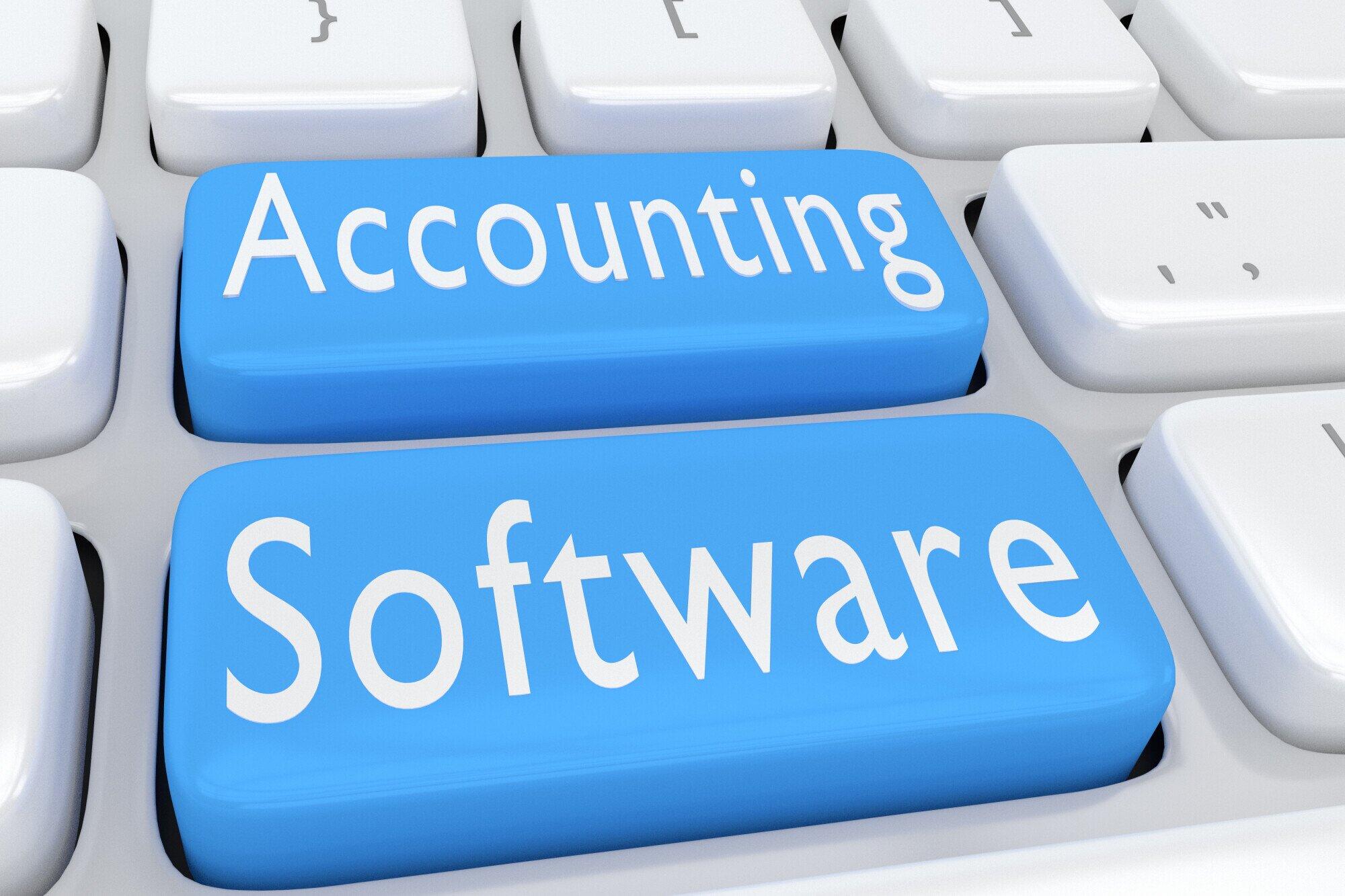Rental income is treated the same as any other income you earn. This is why understanding deductions is crucial for managing your finances.
Consider your property's expenses. This includes mortgage interest, repairs, and insurance, among others. These expenses can lower your taxable income.
Accurate rental property accounting is key. By correctly tracking your expenses, you can reduce your tax bill.
We've put together some great advice on rental property accounting in Albuquerque, New Mexico. Keep reading to find smart ways to manage your money.
Separate Finances
Open a new bank account for your rental properties. Get a specific credit card dedicated to your business expenses.
This division eases the process when tax time comes around. You can clearly define your rental income on tax forms, which helps the IRS sort through your filings with ease. It also lets you track your business's financial health separately from your personal finances.
Staying Organized
Compile and categorize your financial documents, such as leases, invoices, and receipts. Create individual folders for each property you manage. By doing this, all information for a single property stays in one spot.
Arrange the leases within each folder by date. Put the newest lease right at the beginning. This will help you spot the current agreement quickly when you need it.
With invoices and receipts, sort them by date or by what they're for, like repairs or utilities. This sorting technique is great for keeping an eye on operating expenses.
Accurate Maintenance Records
Keeping detailed records of your maintenance expenses helps you see how much the upkeep of your property costs over time. This information is crucial for setting the right rental prices. It makes sure you cover all costs and still make money.
Plus, detailed records let you deduct these expenses from your taxes, which might lower what you owe. These records also assist in spotting spending patterns on repairs and property inspections. This can help you plan your budget more effectively.
Keep Track of Your Cash Flow
You should review your rental income and subtract your operating expenses to arrive at your net cash flow. Maintaining a positive cash flow is critical, as this allows for the steady growth of your rental property portfolio.
Having a mortgage means you need a positive cash flow to cover your monthly payments without using your own money. Positive cash flow also lets you save for routine upkeep and unexpected fixes, as these will happen.
With more money, you can even invest in better property marketing to attract new tenants.
Besides, it's good to have a safety net for emergencies, such as big repairs or legal issues. This protects your cash flow from unexpected hits.
Best Practices for Rental Property Accounting
Keeping your financial documents organized saves time and stress later. Remember to have a separate bank account for your rental property. It makes tax computations simpler.
Tracking repairs helps in setting appropriate rent. It also provides an opportunity for tax savings.
Your success in rental property accounting depends on these steps. At PMI 4U, we're specialists in accurate, stress-free accounting for rental properties in Albuquerque, New Mexico. If handling numbers feels overwhelming, contact us.


